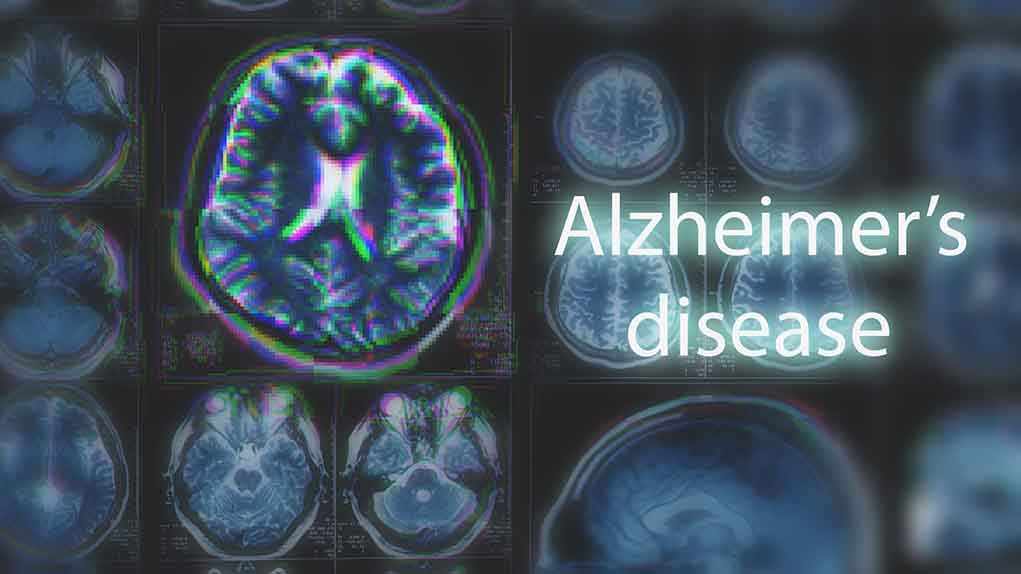
A decade of suppressed research reveals that lithium depletion—not just protein buildup—drives Alzheimer’s disease, offering families battling this devastating condition their first real hope for reversing memory loss.
Story Highlights
- Harvard researchers discover lithium depletion is an early, causal event in Alzheimer’s progression
- Novel lithium compounds successfully reverse memory loss in animal models, bypassing traditional treatment failures
- Clinical trials now underway testing breakthrough lithium therapies in humans with cognitive decline
- New paradigm shifts focus from failed amyloid treatments to addressing critical mineral deficiencies in the brain
Lithium Depletion Identified as Root Cause
Harvard Medical School researchers led by Bruce Yankner have uncovered that lithium depletion occurs early in Alzheimer’s disease progression, fundamentally challenging decades of failed treatment approaches. Their groundbreaking studies demonstrate that amyloid plaques actively sequester lithium from brain tissue, creating a vicious cycle where mineral deficiency accelerates cognitive decline. This discovery reframes Alzheimer’s as a mineral depletion disorder rather than solely a protein aggregation disease, explaining why previous amyloid-targeting treatments consistently failed to restore memory function.
Animal Studies Show Dramatic Memory Recovery
Laboratory studies using novel lithium compounds have achieved what many considered impossible—actual reversal of memory loss in animal models of Alzheimer’s disease. These specially formulated lithium treatments bypass the amyloid sequestration problem that renders traditional lithium ineffective. The compounds successfully restore brain lithium levels and demonstrate measurable improvements in cognitive function, offering the first evidence that Alzheimer’s-related memory decline can be reversed rather than merely slowed.
Clinical Trials Launch With Cautious Optimism
Phase 1/2a clinical trials are now testing AL001 and other lithium-based therapies in patients with mild cognitive impairment and early Alzheimer’s disease. These trials represent a critical transition from promising laboratory results to human applications. Early safety data appears encouraging, though researchers emphasize the need for careful dosing protocols given lithium’s narrow therapeutic window in elderly populations. The trials mark the first time lithium treatments specifically designed for Alzheimer’s have progressed to human testing.
Expert commentary from Vanderbilt University’s Matthew Schrag highlights the significance of linking brain lithium depletion directly to Alzheimer’s pathology. This connection provides a biological foundation for lithium therapy that previous psychiatric applications lacked. The research suggests that populations with higher environmental lithium exposure through drinking water show reduced dementia rates, supporting the mineral deficiency theory and pointing toward potential prevention strategies.
Paradigm Shift From Failed Approaches
This lithium research represents a fundamental departure from the amyloid hypothesis that has dominated Alzheimer’s research for decades without producing effective treatments. Rather than targeting protein deposits after they form, the lithium approach addresses an underlying metabolic deficiency that may drive disease progression from its earliest stages. The shift toward mineral-based therapies could revolutionize not only Alzheimer’s treatment but approaches to other neurodegenerative diseases, offering hope to millions of families currently facing inevitable decline with existing therapies.
Sources:
Could Lithium Explain, Treat Alzheimer’s Disease? – Harvard Medical School News
Lithium, a treatment for bipolar disorders, might be a key to Alzheimer’s disease – STAT News
Lithium in Alzheimer’s Disease – Frontiers in Pharmacology
Lithium: A Review of Its Mechanisms of Action and Clinical Uses – PMC
Lithium and Alzheimer’s: From an Ancient Element, a New Hope – Psychiatry Redefined




